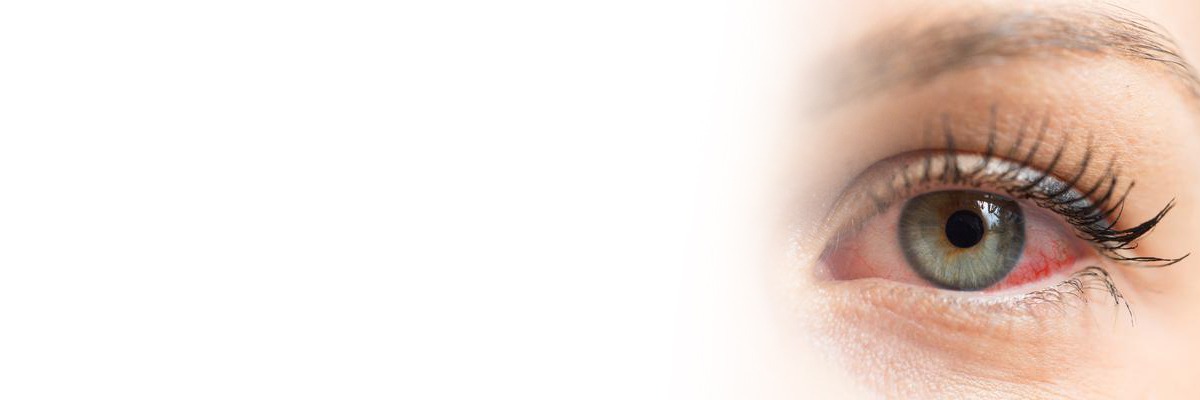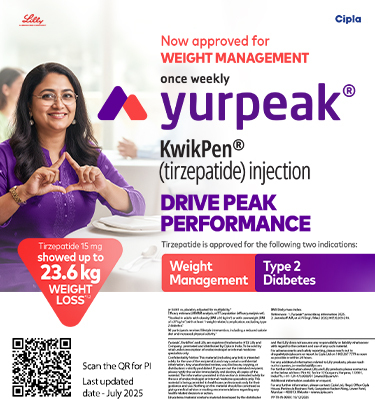
 Mr. Swapnil Bhowmick
Mr. Swapnil Bhowmick
Dry eyes - Symptoms, Causes and Treatment | Medtalks
Dry Eyes
Your eyes don't generate enough tears or can't maintain a regular film of tears to coat your eyes if you have dry eye syndrome. Bacterial infections may develop in your eyes, or the surface of your eyes may become inflamed, resulting in corneal scarring. Dry eye condition nearly seldom results in permanent vision loss, despite how unpleasant it is.
Symptoms of Dry Eye Syndrome
The following are the most prevalent symptoms of dry eye syndrome:
Burning sensation in the eyes
Pain in the eyes
Redness of the eyes
Other common signs and symptoms are:
Watery eyes
Stringy mucus
Eyes tire out faster than usual, making it difficult to read or sit at a computer for lengthy periods of time
Hazy vision
Heavy eyes
Causes of Dry Eye Syndrome
Tears are made up of three layers. The exterior mucus layer is oily, the middle mucus layer is fluid, and the inner mucus layer is mucous.Dry eye syndrome can develop when the glands that create the various components of your tears become irritated or don't produce enough fluid, oil, or mucus.When you don't have enough oil in your tears, they evaporate rapidly, and your eyes can't keep up with the need for moisture.
The following are some of the reasons of dry eye syndrome:
Hormone replacement therapy (HRT)
Allergies caused by exposure to the wind or dry air, such as prolonged use of a heater in the winter.
LASIK (Laser Assisted Eye Surgery)
Long-term contact lens usage, accelerated by various drugs, such as antihistamines, nasal decongestants, birth control pills, and antidepressants.
Not blinking sufficiently when gazing at a computer for lengthy periods of time.
Risk Factors for Dry Eyes
People over the age of 50 are more likely to suffer from dry eye syndrome. It is believed that 5 million Americans in this age bracket suffer from the disease.
The majority of people suffering from dry eyes are women, however males might also be affected.
Pregnant women, women on hormone replacement therapy, and women going through menopause are all at higher risk.
You may also be at risk if you have one or more of the following underlying conditions:
Allergies that last a long time
Thyroid illness or other disorders that cause the eyes to bulge forward
Lupus, rheumatoid arthritis, and other autoimmune diseases
Sleeping with your eyes slightly open, causing exposure keratitis
Vitamin A deficiency, which is rare to occur if you eat well
Some experts feel that excessive exposure to blue light generated by computer displays might cause dry eye syndrome. As per theory, humans evolved outside in a tremendous source of blue light from the sun. It doesn't make much sense to imply that computer screens cause greater blue light concerns than sunshine. However, it is well recognised that gazing at computer displays for long periods of time suppresses our blink reflex, resulting in more dry eyes. When using a computer, it's a good idea to take pauses. When using computers, some individuals choose to wear blue light filtering glasses. In the morning, your eyes are dry as sleeping with a ceiling fan or other source of airflow exacerbates dry eye issues. Applying ointments in the eyes overnight to keep them moist till the morning could prove effective in such cases. Symptoms may improve in the evening if ocular surface hydration is maintained during the day. The cause of evening dry eye is generally something that has happened throughout the day. So, if you spend all day looking at a computer or a book with little blinking, your eyes will feel dry at night.
Eye Drops & Artificial Tears
Dry eye condition is commonly treated with eye drops that improve your eye's moisture. For some people, artificial tears are also effective. Eye drops, gels, and ointments are common over-the-counter solutions for dry eyes. Many of these products have chemicals that aid in moisture retention.
Carboxymethylcellulose is a typical soothing agent. Each manufacturer has its own components, and brand choice is sometimes a matter of personal preference. Look for lubricants like carboxymethylcellulose and electrolytes like potassium in your eye drops, gels, or ointments.
Lacrimal Canal Plugs
Plugs may be used by your eye doctor to seal the drainage pores in the corners of your eyes. This is a reversible, relatively painless technique that decreases tear loss.The plugs may be advised as a permanent remedy if your problem is severe.
Medications
Cyclosporine (Restasis), an anti-inflammatory immunosuppressant, is the most widely recommended medicine for dry eye condition. The medication raises the volume of tears in your eyes and reduces the risk of corneal damage. If you have a severe case of dry eye, you might need to take corticosteroid eye drops for a while. Cholinergics, such as pilocarpine, are an alternative medicine. These drugs aid in the production of tears. If another drug is causing your eyes to dry out, your doctor may change your prescription to recommend an alternative one that doesn't.
Surgery
If you have severe dry eye syndrome and other therapies aren't working, your doctor may suggest surgery. To allow your eyes to maintain an acceptable volume of tears, the drainage canals in the inner corners of your eyes may be permanently sealed.
Home Care
If you suffer from dry eyes, use a humidifier to add moisture to your home and stay away from dry conditions. Limit how long you wear your contact lenses and how much time you spend in front of the computer or watching TV.
Novel Procedures
New therapies, such as LipiFlow, which helps tears flow more smoothly, and BlephEx, which is administered by an eye care specialist to clean the eyelid, are also available.
Natural Remedies
There is a lot of evidence that omega-3 fatty acid supplements can aid patients with dry eyes. To observe a change, you must take these supplements on a consistent basis for at least three months. However, according to a 2018 research financed by the National Institutes of Health, omega-3 supplements were no better than a placebo in treating moderate to severe dry eye.
If your dry eyes are being caused by environmental factors, try making some lifestyle changes, like:
Avoiding exposure to cigarette smoke and protecting your eyes with eyewear during outdoor activities when it’s windy.
Adding a humidifier to your home can put moisture in the air, which may help to reduce dry eyes.
Using contacts for dry eyes.
Soft contacts are usually more comfortable for people with dry eyes than hard contact lenses.
Soft lenses stay moist and allow the eye to "breathe" better than hard lenses.
The Bottom Line
If your eyes feel dry and you can't see as well as you used to, consult a general physician, ophthalmologist, or optometrist as soon as possible.It is preferable to treat dry eyes as soon as possible. It gets more difficult to control if left untreated for a long time.

Mr. Swapnil Bhowmick
A motivated student of Medicine & Surgery (MBBS) at R. G. Kar Medical College & Hospital, Kolkata, having a knack for reading and composing medical literature. When he's not writing content for MEDtalks, Swapnil is usually looking up the latest trends and innovations in Medicine.






















Please login to comment on this article